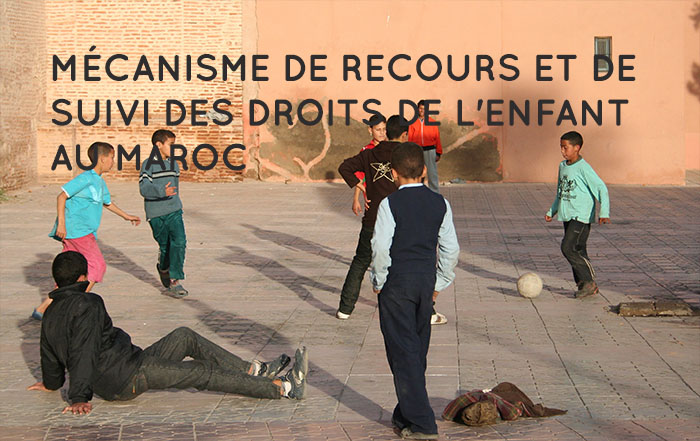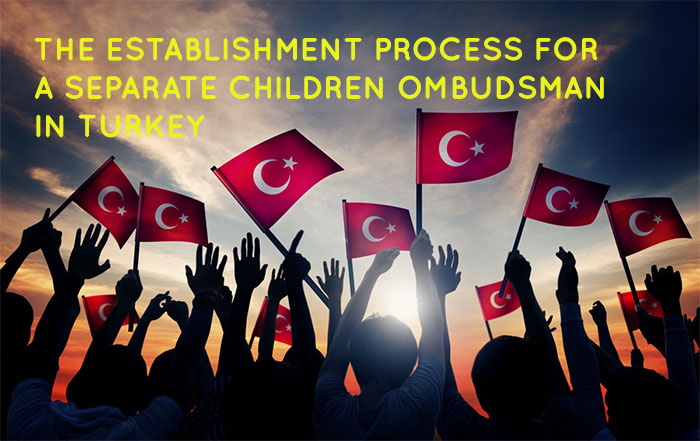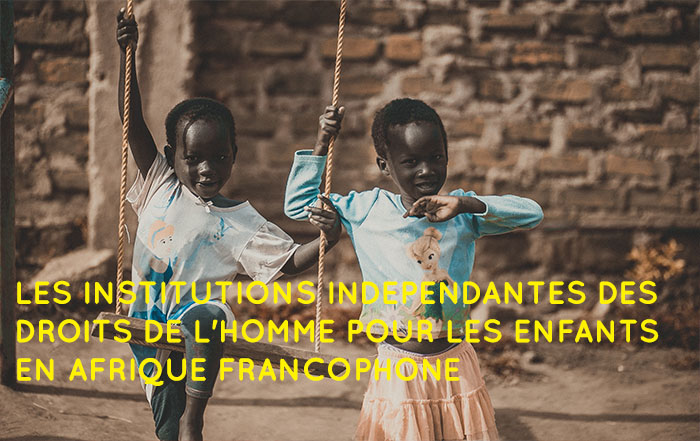Report on the implementation of the Council of Europe
Human and Children Rights Consultants
DESCRIPTION
Social services are the most immediate and direct means through which the state guarantees children’s rights.
The way social services function, interact with and serve children and families on a daily basis is critical to the harmonious development of the child, the preservation of family unity and, ultimately, well-being in society.
Recommendation CM/Rec(2011)12 of the Committee of Ministers to member states on children’s rights and social services friendly to children and families (hereinafter “the Recommendation”), adopted by the Committee of Ministers of the Council of Europe on 16 November 2011, addresses children’s rights in social services planning, delivery and evaluation. It aims “to ensure that social services are delivered upon individual assessment of the child’s needs and circumstances and take into account the child’s own views, considering his or her age, level of maturity and capacity.” It defines child-friendly social services as “social services that respect, protect and fulfil the rights of every child, including the right to provision, participation and protection and the principle of the best interest of the child.
customer
Council of Europe
DATE
2016










